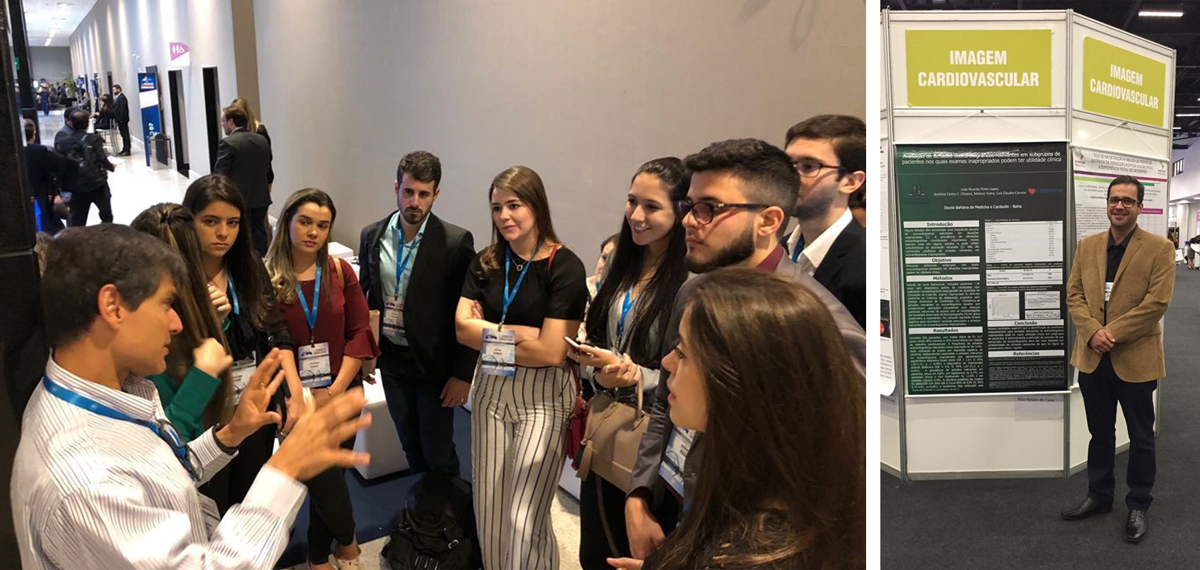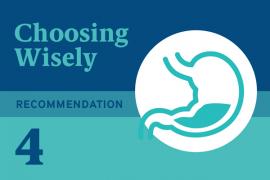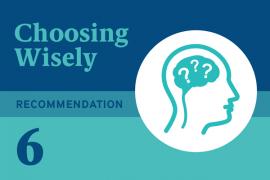Background
Luis Correia, M.D., a cardiologist and leader of the Choosing Wisely Brazil campaign, estimates that up to 80 percent of the echocardiograms ordered in the private health system are unnecessary.
The Innovation
Correia and colleagues studied relevant findings from routine echocardiograms, as well as patient and physician attitudes about echocardiograms.

Population Targeted
The study included 500 patients total with no previous cardiac history who underwent an echocardiogram in a private medical office in a Brazilian city. The average age of study participants was 52; 47 percent men, 53 percent women.
Key Features of the Innovation
Following the echocardiogram, a researcher analyzed whether the findings were significant for structural and functional cardiac disease. The second phase of the study included asking cardiologists and patients three questions with multiple-choice response options to gauge whether they thought the test was necessary and likely to detect important cardiac changes.
During the study, out of 500 echocardiograms performed on patients with no previous cardiac symptoms or history, only 17 had a relevant finding.
Evidence of Impact
Out of 500 echocardiograms performed on patients with no previous cardiac symptoms or history, only 17 (3.4%) had a relevant finding. There was huge divergence between patients and physicians in attitudes and opinions regarding the utility of the test. A very small minority of physicians (5%) believed that the test was needed and that it would identify a significant cardiac change (6%). In contrast, 92 percent of patients thought the test was necessary and 90 percent thought it had a high chance of identifying a significant cardiac change.
The study results were published in 2018 in the Brazilian Journal of Medical and Biological Research.
Correia suggests that “at the early phase of the campaign, we need to show physicians data to convince them of this problem, but this is just one component of a cultural evolution among physicians and patients in Brazil to accept Choosing Wisely.”
Sharing and Spreading the Innovation
Correia highlights challenges in raising public awareness. In Brazil, there are pervasive beliefs that more is better when it comes to medicine, alongside significant inequalities in how the population accesses health care. When this study was published, two of the physician authors appeared on a popular Brazilian talk show to promote the concept of Choosing Wisely.
Contact for Further Information
Dr. Luis Correia, [email protected]


